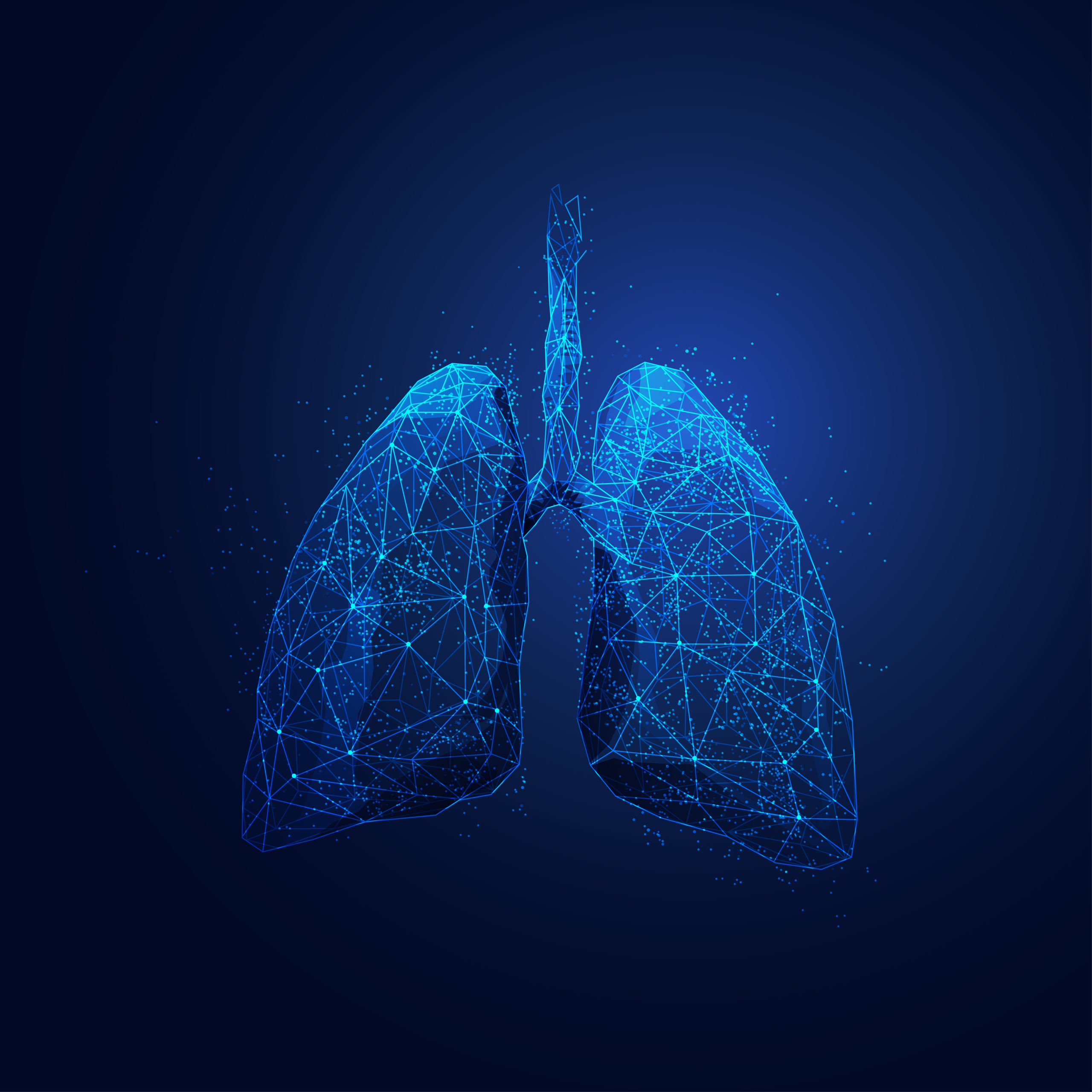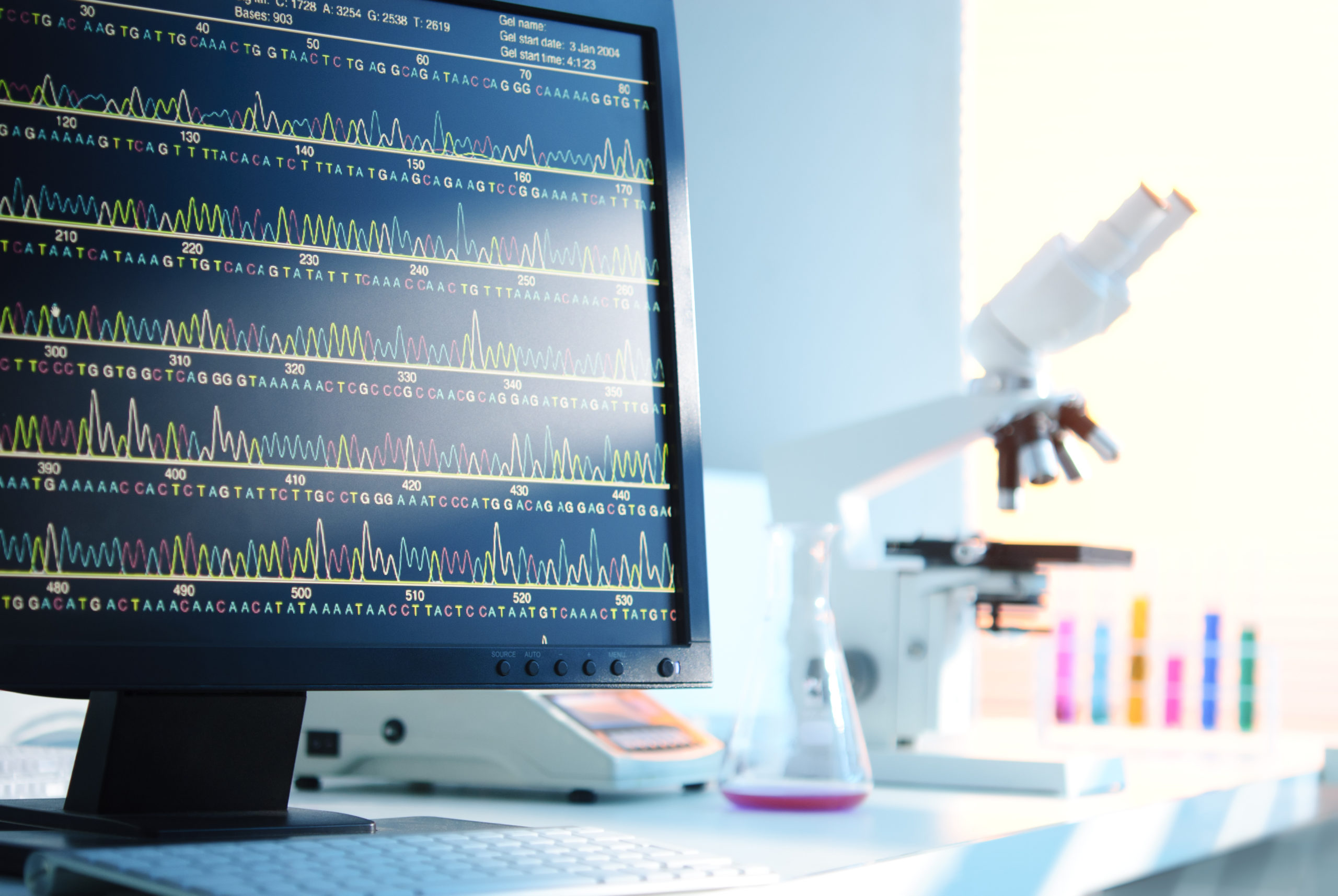Category: Disease Discoveries
-

Faculty Discuss Current State of the COVID-19 Pandemic
As the COVID-19 pandemic continues, Northwestern Medicine investigators share their expertise about the current state of the pandemic, strategies to help mitigate its impact and what the upcoming flu season may look like.
-

New Strategy Could Boost Coronavirus Vaccine Effectiveness
Blocking the frontline immune response could improve vaccines against viral diseases such as coronaviruses, according to a Northwestern Medicine study.
-

New Therapy Targets Breast Cancer Metastases in Brain
A new combination therapy targeting breast cancer tumors in the brain dramatically decreased tumor size and increased survival in mice, according to a new study.
-

Gene Therapy Could Treat Atrial Fibrillation
Targeting oxidative stress with a genetic therapy reduced atrial fibrillation in animal models of disease, making this a promising future treatment, according to a study published in Circulation.
-

Uncovering Similarities Between Prostate Cancer Genomes
Genomic alterations in prostate cancer therapeutic targets were found to be similar between African American and European American men, suggesting that existing precision medicine approaches could equally benefit both groups if applied equitably, according to a recent study.
-

Uncovering the Genetic Link Behind the Development of COPD
A Northwestern Medicine study found that inducing inflammation in lung epithelial cells contributes to the development of chronic obstructive pulmonary disease.
-

Exploring an Iron-based Alternative to Chemotherapy
Iron nanoparticles could be one day used to attack cancer cells, according to a recent Northwestern Medicine study.
-

AI-Enhanced Approach Offers New Hope for Earlier Autism Diagnoses
A Northwestern Medicine scientist and collaborators have used an AI-enhanced precision medicine approach to combine multiple views of human brain development as they seek to provide a roadmap for what causes subtypes of autism spectrum disorder.
-

Analyzing Plasma Can Classify Brain Tumors
Measuring epigenetic signatures in blood plasma could help classify brain tumors, according to a study published in Nature Medicine.
-

Protein May Improve Immunotherapy for Medulloblastoma
A specific cell signaling protein may be used to enhance the sensitivity of medulloblastoma tumors to immunotherapy, potentially improving quality of life for patients with the malignant pediatric brain cancer.






